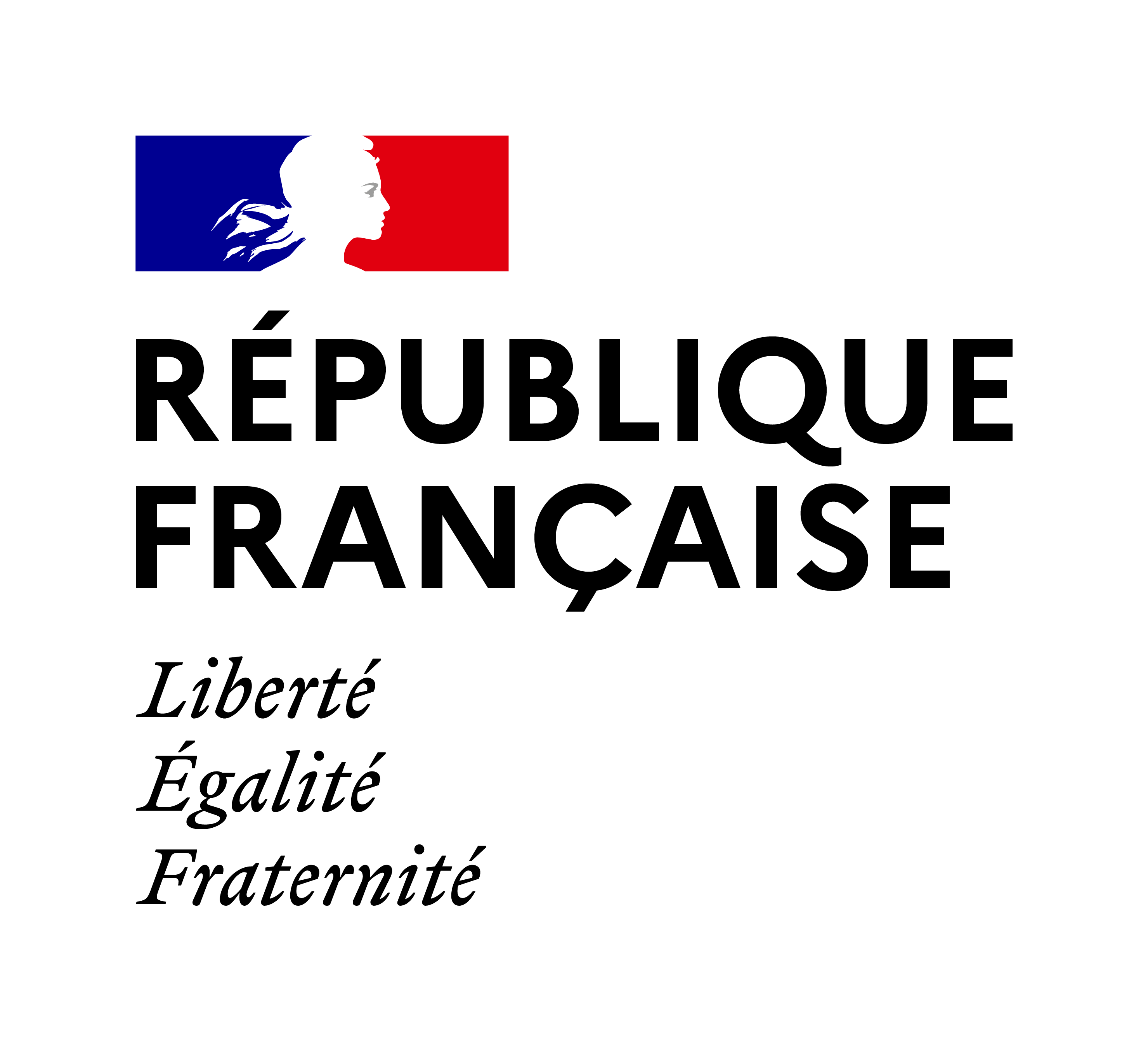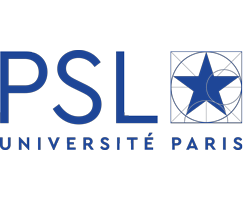The Doctoral School
Présentation
The Ecole Doctorale STIC (the IT Doctoral School), under the aegis of the COMUEs (Universities) Université Côte d'Azur (UniCA) and Paris Sciences et Lettres (PSL), is authorised to award doctorates in Information and Communication Sciences and Technologies. This scientific field covers all the specialties of IT (computer science in the broadest sense, electronics, automatic control, signal and image processing, artificial intelligence) in five different possible "specialty", namely:
- specialty Informatique (Computer Science), delivered by UniCA,
- specialty Automatique, Traitement du Signal et des Images (Automatic, Signal and Image Processing), delivered by UniCA,
- specialty Electronique (Electronic), delivered by UniCA,
- specialty Contrôle, Optimisation, Prospective (Control, Optimization, Forward Studies), delivered by PSL and UniCA,
- specialty Santé Numérique (Digital Health), delivered by UniCA.
The STIC doctoral school also awards HDRs (Habilitation à Diriger les Recherches) in these disciplinary areas.
Located in the heart of Sophia Antipolis - the biggest technopole in Europe - the IT doctoral school takes support from the local high-level research laboratories (centre INRIA d'Université Côte d'Azur, CNRS I3S, CNRS LEAT, Mines ParisTech CMA) in strong relationship with the local high-tech firms. This environment offers an exceptional setting for study and research. The ED STIC also provides all the keys for the integration of our young doctoral students through an interdisciplinary training rooted in the world of work and strongly oriented towards the international arena (the ED STIC has an active policy of opening up to doctoral students from Europe and the world).
- Approximately 220 doctoral students, more than two-thirds of whom come from abroad,
- Approximately 136 qualified supervisors,
- Approximately 65 doctoral degrees awarded per year,
- Approximately five habilitation degrees are awarded each year.
In a field where employment is very favourable, our doctors work in France and abroad as research engineers, researchers or professors in public or private companies.
|
STIC versus STIC
The full name of the ED STIC Sciences et Technologies de l'Information et de la Communication differs from the classic French STIC Sciences et Techniques de l'Information et de la Communication. The themes of the ED STIC correspond exactly to those of the Anglo-Saxon Information Technologies (IT), giving full scope to electronics for communication and opening up more to the applications of mathematics to information and communication sciences. This is perfectly in line with the specialities of the laboratories that make up the ED STIC.
|
A little history: Created in 1992, the STIC doctoral school is part of a virtuous circle initiated by the Sophia Antipolis technology park and the Université de Nice, now the Université Côte d'Azur.
THE DOCTORAL SCHOOL SPI
The SPI (Sciences Pour l'Ingénieur, Engineering Sciences) doctoral school was created during the 1992-93 academic year under the direction of Albert Papiernik and with the support of university laboratories (I3S, LEAT, Laboratoire de Mathématiques) and public research laboratories (INRIA Méditerranée, Ecole Nationale Supérieure des Mines de Paris, CNET). Previously, the laboratories were almost completely autonomous in the training of their PhD students, through a thesis supervisor in each laboratory. Until the introduction of the LMD (Licence - Master - Doctorate), the doctoral schools were responsible for all postgraduate training, in particular the DEA (Diplôme d'Etudes Approfondies, equivalent to the current M2). The SPI ED originally included the following five postgraduate diplomas:
- Informatique (Computer Science),
- Propagation, télécommunications et télédétection (Propagation, Telecommunications and Remote Sensing),
- Vision artificielle et de la robotique (Artificial vision and robotics),
- Traitement et transmission de l'information (Information processing and transmission),
- Option calcul et déduction (Calculation and deduction option) of the Master of Mathematics,
and there were around 50 doctoral students at the time.
At the beginning of the 1995-1996 academic year, Paul Franchi became director of the ED SPI. The university laboratories I3S and LEAT are present, as well as the public laboratories INRIA Méditerranée, Ecole Nationale des Mines de Paris, CENT and Eurecom. The new accreditation includes DEAs (equivalent to the current Master 2):
- Informatique (Computer Science),
- Propagation, télécommunications et télédétection (Propagation, Telecommunications and Remote Sensing),
- Algorithmique Robotique Automatique Vision Image Signal (ARAVIS) (Algorithmic Robotics Automatic Vision Image Signal),
- Réseaux et systèmes distribués (Networks and distributed systems).
Johny Bond succeeded Paul Franchi in 1999 and proposed the new accreditation for the STIC doctoral school. Charles André took over ED STIC from 1999 until October 2003, when the LMD (Licence / Master / Doctorat) programmes were introduced. The STIC Doctoral School then comprised five DEAs:
- Informatique (Computer Science),
- Propagation, Télécommunications et Télédétection (Propagation, Telecommunications and Remote Sensing),
- Image-Vision,
- Réseaux et systèmes distribués (Networks and distributed systems),
- Signal et communication numérique (Signal and digital communication).
Michel Barlaud became head of the STIC ED in October 2003, and at the beginning of the 2004-2005 academic year, a Master's degree in STIC was created, comprising 6 specialisations under the aegis of the UFR Sciences. The ED STIC then took on a structure focused on doctoral students, close to its current form. At that time, the ED STIC had 190 doctoral students.
In 2007, Pierre Comon became Director of the ED STIC until 2011, Gilles Bernot from 2011 to 2017, Claire Migliaccio from 2017 to 2023 and Jean-Paul Comet from January 2023.
The ED STIC now has around 220 doctoral students.
Since the creation of the 8 University Research Schools (EUR) of the University Côte d'Azur, the STIC ED has been supported by the DS4H EUR (Digital Systems for Human), which focuses on scientific, technological and human aspects of the digital world and the digital society. DS4H offers 5 master's degrees (majors): Computer Science, Electronics, MIAGE, Intellectual Property and New Technologies Law and Digital Strategy / Management of Digital and Innovation.




